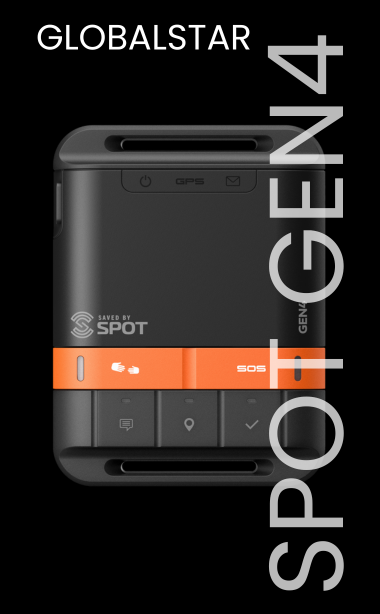You have no items in your shopping cart.
The "Lure" of Deep-Sea Fishing Expeditions
For many fishing enthusiasts, deep-sea fishing is the ultimate experience. Miles of crystal-blue ocean on all sides; the cool sea breeze; the chance of hauling in a record-breaking catch — all are intensely attractive prospects. If this sounds wonderful to you, it may be time for a deep-sea fishing expedition!
Popular hubs for deep-sea fishing include Louisiana and Florida, which both provide several entry points into the Gulf of Mexico and the Atlantic Ocean. Most Pacific deep-sea fishing originates in Canada and Washington State. It's always worth checking marinas anywhere though to see just what they offer.
What to Bring
Whether you go on your own or as part of a chartered tour, you'll need to bring some important supplies. Out on the open water, you're going to be exposed to both sun and weather, so you need protection from both. Bring sunblock, and wear clothing that can be layered if the wind or rain picks up. A good fishing hat will keep the sun and rain off your head, ears, and neck. Sunglasses with UV protection are essential, and polarized sunglasses are even better — they greatly reduce glare and can sometimes even let you see under the surface of the water!
Of course, there's lots of other equipment to consider. You'll need a variety of fishing tackle depending on your exact location and the specific fish you're after, but that's a discussion beyond the scope of this article.
If you're going on a chartered trip, find out in advance what equipment and supplies they'll have available for use on the boat, and if there are any associated charges (there almost always are — one reason to bring your own food is to avoid the significant markup of purchasing snacks on the boat!). Make sure you bring some spending cash just in case. Also ask if there's any specific equipment you need to supply, outside of what's mentioned here.
So how much should you really bring? The length of a deep-sea fishing trip can be anywhere from a few hours to a few days. You should always bring plenty of food and drinking water, not just to last you through the trip, but to sustain you in an emergency. Accidents do happen, especially out at sea, and if you're not fully prepared, your originally fun trip could quickly become a life-threatening disaster.
Prepare for the Worst, Just in Case
We're not trying to alarm you or discourage you from any adventure on which you wish to embark. The vast majority of deep-sea fishing trips go smoothly. But occasionally, something goes wrong. It can be as small as a minor injury, or as large as a devastating storm that results in months adrift. Thankfully there are steps you can take to make sure that you're extremely likely to come home alive, no matter what happens!
We've discussed food and water, but you'll also want access to a good, up-to-date first aid kit. It also can't hurt to bring a change of clothes, and a few towels. Bring a supply of any medications you're taking, and pack some medicine for seasickness just in case.
Communication is what makes the most difference in a life-or-death situation, and the length of time you spend lost or shipwrecked is completely dependent on how quickly you can be found. It's vitally important that you can keep in touch with home base. All boats have radio, but it's not 100% reliable. Always find out if your chartered boat has a marine satellite communication system installed. This usually consists of a satellite phone or terminal inside the cabin and an antenna on the roof of the boat. If you're planning to fish from your own craft, you can purchase a similar setup to ensure you're always able to contact someone who can help in an emergency. Satellite communications have significant advantages over radio, including range, the ability to call regular phone numbers, broadcast your GPS location, and even access broadband internet.
Another option is to buy or rent a satellite phone to bring with you on the trip, but be aware you'll need to go out on the ship's deck to use it. Inmarsat and Iridium are both good networks to use when deep-sea fishing, with Inmarsat being a great choice between 50° N and 50° S latitude and Iridium being necessary if you're traveling outside that range (the Iridium network covers the entire globe, including the poles). These same guidelines apply to marine satellite phone systems, so keep that in mind if you're buying a kit for your own boat — marine satellite systems are available from both networks.
The final aspect of preparation is knowing what to do to stay alive while you wait for help to find you. There's far too much to learn to be covered here, but CNN has a good survival guide for being stranded and you can find some more in-depth information on Survival Expert.
Have a Great Time
It can be frightening to think about potential disaster, but most people who start learning how to survive in extreme situations find that they enjoy their activities more because they feel completely prepared for any eventuality. As long as you have the knowledge and the means to use it, your odds of making it home in one piece are pretty good. Your trusty satellite phone is what will make the difference between you being found sooner rather than later. If you can send your GPS location to someone or make a call, you may not have to rely on your survival skills for more than a few hours. And of course, the sooner you get home, the sooner you can go on your next adventure. It's definitely worth it!
 English
English











